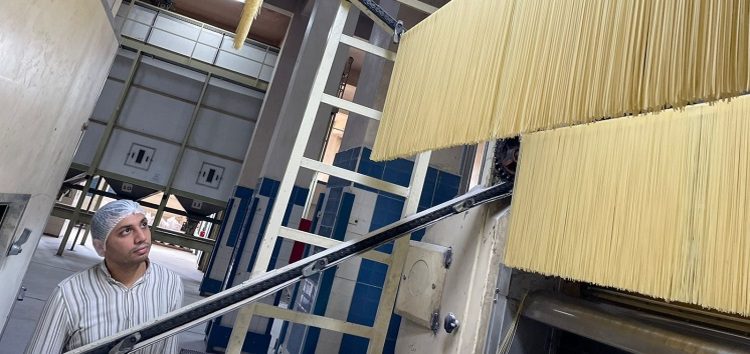Digitalising SMEs on a shoestring in Egypt

While large companies readily adopt digital technologies, small and medium-sized enterprises (SMEs) struggle to access the same solutions and are less open to embracing the digital wave.
This was one of the key findings of researchers at Cambridge University’s engineering department. They also observed that SMEs often lack the funds, skills and confidence to implement digital transformations even though they make up around 90 per cent of businesses worldwide. In response, the researchers obtained a grant to explore ways to help SMEs bridge the digital divide.
Collaborating with IfM Engage, they developed Shoestring – a programme offering SMEs affordable, accessible digital solutions using off-the-shelf technology to boost operational and financial performance. The EBRD has partnered with IfM Engage to test this initiative with two Egyptian manufacturing SMEs and is now exploring opportunities to scale it nationwide.
Peter Templeton, Executive Director at IfM Engage, explained: “As the Internet of Things and digitalisation started to gain ground, there seemed to be three broad concerns which influenced SMEs’ willingness to invest in new technologies. One was financial, as the word ‘digitalisation’ signalled to them a big investment relative to what they could afford. The second concern was a lack of confidence in the expertise to apply the technology, and thirdly, they weren’t convinced of the value they would derive from this investment.”
IfM Engage develops ways to use readily available technologies – sometimes open-source, such as consumer devices and low-cost sensors – and began applying these to SMEs’ operations.
The EBRD is now exploring opportunities to scale the Shoestring programme nationwide, potentially helping more Egyptian SMEs bridge the digital divide and enhance their competitiveness in the modern business landscape.





























 Syria
Syria 





